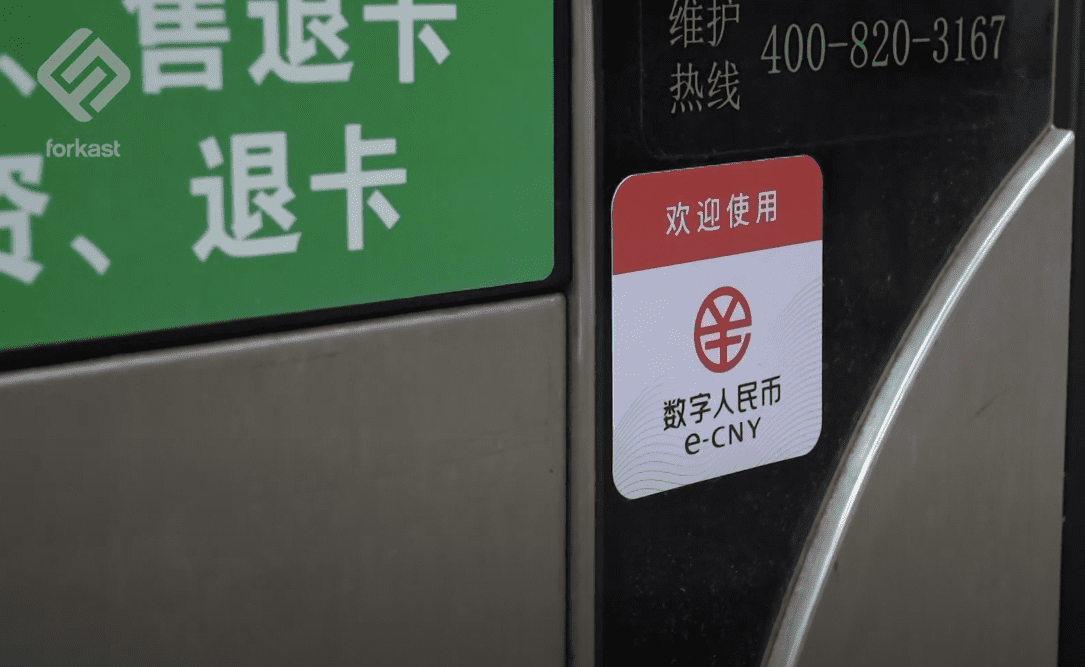The number of digital yuan patents is growing, with patent applications related to digital currency numbering 271 since the beginning of last year, data compiled by Mpaypass.com show, as tests of e-CNY continue under the Chinese government’s watchful eye.
Fast facts
- The data shows that the total number of patent applications since 2020 has surpassed the previous total between 2016 and 2019.
- Patent applicants have come from enterprises including big telecoms operators such as China Mobile, China Unicom and China Telecom, and from payment services such as banks and Alipay.
- The Digital Currency Research Institute at China’s central bank, the main driving force behind the development of e-CNY, applied for 65 relevant patents between 2017 and 2019. It has applied for around 30 patents related to digital currency since the beginning of 2020, according to the report.
- China has seen a rise in blockchain-related patent applications over the past few years. In 2019, Chinese President Xi Jinping emphasized the development of blockchain technology, calling for more research, investment and regulation. More than 35,000 companies answered Xi’s call, expanding their business into blockchain by registering company names and major business using the term “blockchain.” Companies not only wanted to obtain blockchain bragging rights, but also to file more patents related to the technology.
- “This ties in very well with new-technology companies in the blockchain sector,” John Eastwood, a Taipei-based patent lawyer who is a senior partner at Eiger Law’s Greater China practice, told Forkast.News. “Because many of them struggle to differentiate themselves from other blockchain companies and wish to demonstrate something to support their value to investors.”
- The cost of filing a patent in China is close to zero, but the upside to holding a patent, or even just filing a patent, is comparatively large, as it can give companies profile. Many applications do not seem to be advanced or innovative, but companies still want to file them to create the appearance of being innovative, Eastwood said.





